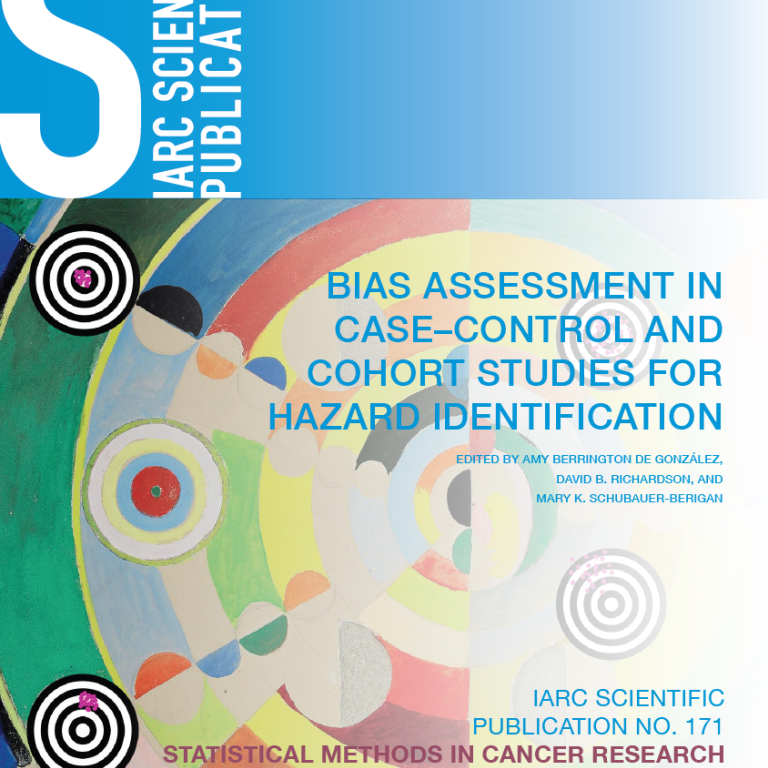IARC recently published a volume on quantitative bias modelling: Bias assessment in case–control and cohort studies for hazard identification (IARC Scientific Publication No. 171). We are pleased to see inclusion of some of the work RSI’s Drs Franco Momoli and Daniel Krewski conducted for the INTERPHONE and MOBI-Kids studies of cell phones, radiofrequencies, and brain tumours as examples in the text. The IARC publication includes several fantastic resources that epidemiologists can add to their statistical armamentarium. This entails using data external to the study to address unmeasured confounders, measurement error on variables, and issues arising from selection into and out of study populations.
These methods, while still not widely adopted, are found in several modern epidemiologic textbooks, and they deserve wider appreciation. Recommendations have been made to use quantitative bias methods to more transparently discuss study limitations, to understand the robustness of study results during journal peer review, and to properly characterize sources of systematic bias in regulatory contexts. The first step is often planning for this work at the grant funding stage.
Work conducted by Risk Sciences International for Health Canada has also involved these approaches with benchmark dose modelling leading to deriving health-based regulatory values for drinking water and air quality. These methods typically use high quality key epidemiologic studies that, nevertheless, had limitations that deserve quantitative characterization of uncertainty.
Experts related to this news item
More RSI News
Food safety assessments
Problem Formulation in Food Safety Assessments conducted by the European Food Safety Authority RSI investigators recently provided advice to the European Food Safety Authority (EFSA)…
Read News ItemValue of information analysis framework
In its 2007 report on Toxicity Testing in the 21st Century: A Vision and a Strategy, the US National Research Council (NRC) highlighted need for more rapid…
Read News ItemPrinciples of risk decision-making
RSI investigators propose fundamental principles of risk decision-making, and explore their application in a range of real-world risk decision-making contexts. These ten principles will provide valuable guidance on addressing current and future risk issues facing civil societies worldwide.
Read News ItemRisk of Myocarditis and Pericarditis
Using data from the US Centers for Disease Control (CDC) Vaccine Adverse Event Reporting System, RSI investigators collaborated on a study showing increased risks of…
Read News Item

